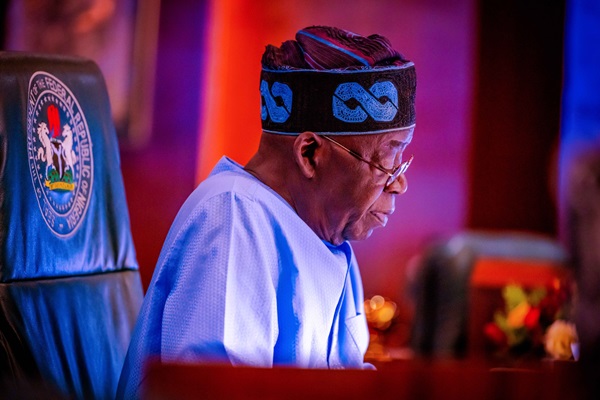New Tax Law Exempts Low-Income Nigerians from Personal Income Tax — FG
Nigerians earning ₦250,000 or less per month will no longer be required to pay personal income tax under a new tax reform bill recently signed into law by President Bola Tinubu.
Chairman of the Presidential Committee on Fiscal Policy and Tax Reforms, Taiwo Oyedele, disclosed this during an interview on Politics Today, a Channels Television programme, following the president’s assent to four tax-related bills.
According to Oyedele, the new tax provisions, scheduled to take effect in January 2026, are designed to protect low-income earners while improving tax equity and compliance across the board.
READ ALSO: PDP Leadership Crisis Deepens as BoT Rejects Anyanwu’s Reinstatement, Insists on June 30 NEC Meeting
“This tax law will not put cash in your pocket, but at least it won’t take cash away from you if you are poor,” he said.
He explained that the committee defined ₦250,000 monthly income as the poverty threshold, based on contextual economic realities in Nigeria, including average household size, living conditions, and cost of basic needs.
“We debated extensively to determine who should be classified as poor in Nigeria. The World Bank might use $2.15 per day, but in rural communities, people grow their food and have lower living expenses. In our local context, ₦250,000 is the line below which families struggle to meet basic needs. They should not be taxed,” Oyedele stated.
The new tax policy is part of broader fiscal reforms initiated by President Tinubu in July 2023 to overhaul Nigeria’s tax structure, increase government revenue, and promote fairness in the system without placing undue pressure on vulnerable citizens.
Oyedele added that middle-income earners — particularly those earning between ₦1.8 million and ₦2 million monthly — would also benefit from reduced tax rates, while high-income earners would bear a slightly higher tax burden.
READ ALSO: Experts Call for Stronger Food Policies to Curb NCDs in Nigeria
“The middle class will enjoy some relief,” he said. “But those at the top of the income ladder will see a modest increase. That’s part of the fairness we’re trying to achieve.”
Nigeria currently collects only about 30 percent of its potential tax revenue, he said, adding that the new law aims to close this gap by making the tax system more transparent, inclusive, and efficient.




